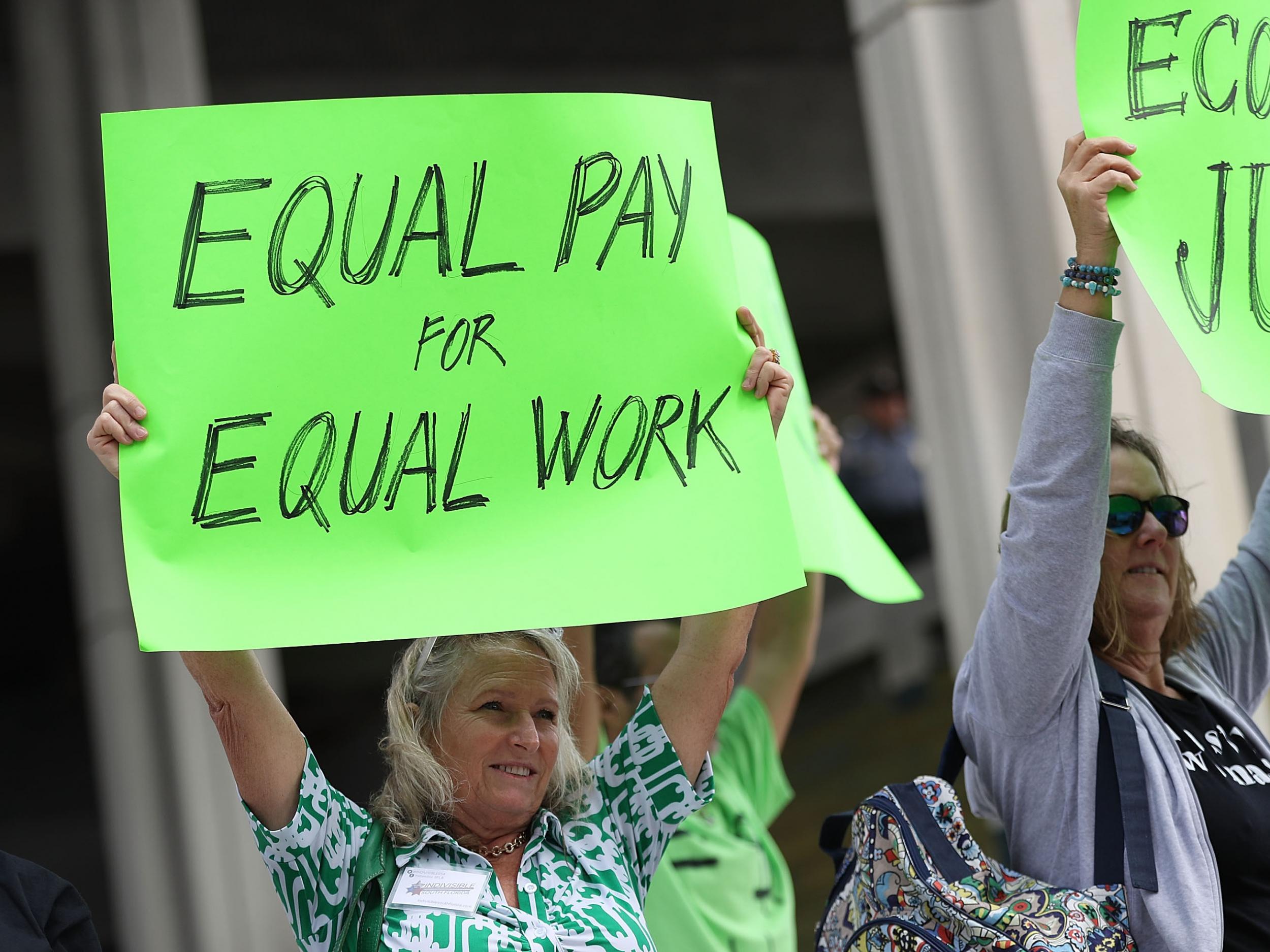Thousands of women in Glasgow set to take part in one of the biggest equal pay strikes in UK history
The strike is taking place in response to gender pay discrimination

Thousands of female council workers in Glasgow are set to take part in a strike this month over pay discrimination.
It’s believed that the strike will be the largest equal pay strike ever to take place in the UK, with more than 8,000 council workers expected to attend.
The strike has been organised by two trade unions, GMB and Unison, who represent council workers across several fields of work.
It’s been prepared in response to the pay discrimination that’s affected women working in the cleaning, catering, homecare and education industries for more than a decade.
In 2006, a job evaluation scheme was introduced by the Labour-run council with the goal of tackling gender pay equality in the city.
However, the scheme supposedly favoured men, as it included a three-year payment protection programme for men who had missed out on financial bonuses at work.
Furthermore, the scheme resulted in people working in female-dominated jobs such as catering and cleaning receiving a lower salary than those who worked in professions typically associated with men, as salaries were determined after taking irregular working hours into consideration.
Negotiations have been taking place over the past 12 years in order to rectify the situation.
According to Stefan Cross, the lawyer who’s representing 8,000 claimants who’ve taken the city council to court, the strike is a necessary course of action following the failed negotiations.
“It’s just not good enough,” he told The Guardian. “An offer should be the product of negotiations, not the start.
“The women themselves demanded a ballot for strike action after that because their employer was refusing to negotiate.”
Glasgow City Council has been informed by the GMB and Unison Trades Unions that the strike will be carried out on Tuesday October 23 and Wednesday October 24.
The council states that it expects to make on offer to the claimants in December this year, “as agreed” during the negotiations.
However, the strike may affect when the offer is formally given.
“We’re making every effort to negotiation with trade unions to avoid a strike or, if that is not possible, minimise its impact on vulnerable people,” the council states.
Join our commenting forum
Join thought-provoking conversations, follow other Independent readers and see their replies
Comments
Bookmark popover
Removed from bookmarks